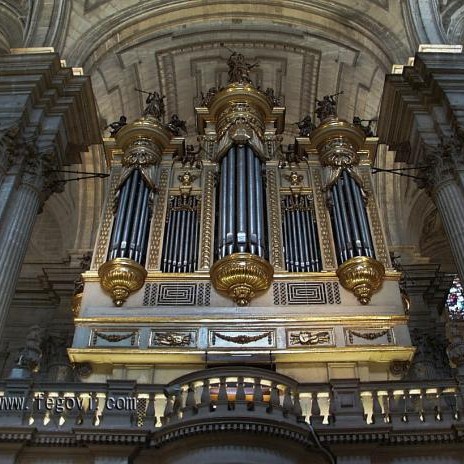For worship leaders, selecting songs and song order for a time of praise and worship is vital. It gives life and direction to the time of praise and worship. Unfortunately, many times it’s thrown together, and we plan by saying: “this song is my jam” or “they know these ones” and done. If this is the case, there’s more at stake than we realize because praise and worship provides a space for encounter with God and a deepening of that relationship. It’s an opportunity with eternal consequences for conversion and evangelization, to draw us closer to God. While there’s nothing wrong with simply picking a few songs and playing through them, something powerful happens when you approach the time of praise and worship as a cohesive journey of prayer. It’s easy to just focus on picking songs and the dynamics of the songs within themselves, but there are two additional areas to think through: the direction of lyrics and the space between songs - the transitions.
Direction of Lyrics
Before selecting songs, look at where you begin and where you want to go. Are people entering the time of praise and worship just walking in from their everyday lives? Or is the time of praise and worship following an inspirational message? Are you ending with sending people out encouraged or are you ending with quiet prayer or adoration? These answers should dictate not only the energy and tempo of the music, but the lyrics as well.
In the video below, Jeremy Riddle gives four different types of songs, in order that you’d select them according to the content of their lyrics:
Songs of Invitation
Examples: We Have Come, O Come to the Altar (slower tempo, but lyrics fit this category)
Songs of Declaration
Examples: This Is Amazing Grace, The Lion and the Lamb, Good, Good Father
Songs of Response
Examples: Great Are You, Lord, Build My Life, Lord, I Need You
Songs for Encounter
Examples: Reckless Love, Tremble
Praise and worship is a deepening of relationship, and true relationship develops in a progression. Conversations themselves have a progression, when talking with a friend you typically don’t start by sharing your deepest thoughts, you wait until the conversation progresses naturally. The lyrics and music of the songs we choose should reflect this progression of intimacy, because ultimately we’re inviting those we lead into a deeper relationship with God.
Of course, there are different ways of adapting the song progression above to fit the context of the time of praise and worship, for example if you’re only leading 2 songs, you can’t hit every song category. You might even be asked to play one song, and you’d need to use that song to create the progression of prayer. There are other models and descriptions that fit this as well. One of them is called the Temple Model, which you can read about in this blog on LifeTeen.com. The concept is that your music should progress from the “Outer Courts” of the Temple into the “Holy of Holies”, the place for encounter and union with God’s presence. Another term used for this place of encounter during praise and worship is “entering the throne room of God.” With all of these concepts, keep in mind that a set list is an art, and sometimes great art can emerge if rules are broken with intentionality.
At the very least, make sure that the songs you’re singing towards the end of the time of praise and worship have lyrics directed to God (for example, “God, you…”). These are your Songs of Response or Songs for Encounter. Avoid songs that “sing to one another” (like O Come to the Altar) at the end of your time of praise and worship. The lyrics should be directed to God because singing to God Himself, as opposed to about God, places us in communication directly with God and his presence. Communicating directly with someone is essential to relationship. You can never truly know someone without speaking with them. If we desire to move from knowing about God to knowing God Himself, we need to sing lyrics that are directed to Him.
Working with the Spirit
Most importantly, it’s critical to allow everything we do to be inspired by the Holy Spirit, especially selecting songs. God has a plan, if we listen, then he will speak through the time of praise and worship to each person in a way greater than we’ll know.
Many times, there’s a tension between spending hours planning and being inspired in the moment. If we spend hours planning, are we trying to constrict and out-plan the Holy Spirit? If we prefer to wait until Holy Spirit inspires us, are we going to miss out on planning the perfect set list, and in the mean time stress out our other musicians by not having a plan? First of all, it’s important to remember that God works through order. All of God’s creation was formed with process and order, so should our set lists. But sometimes, God changes our plan at the last minute. If we’re the type of personality that prefers order and God calls us to change our plans in the moment, we need to remember that it doesn’t mean that the Spirit wasn’t inspiring the previous plan. When our plans change, it’s all a part of the journey God desires for us. Be open to the Spirit changing a song or transition in the moment, something powerful and anointed may happen if so. In all that we do, we pray that the Holy Spirit will guide our thoughts, so that He will anoint our planning and leading to stir God’s presence in the hearts of those we lead, leading all of us closer to Him.




